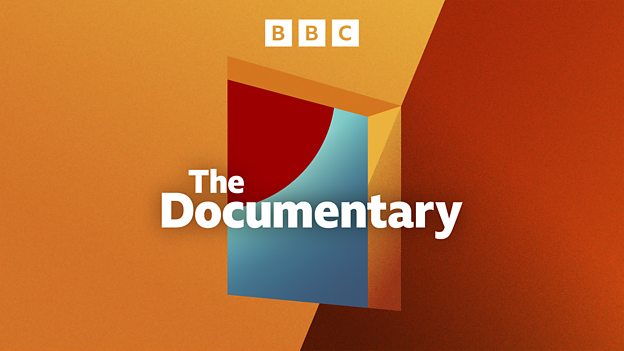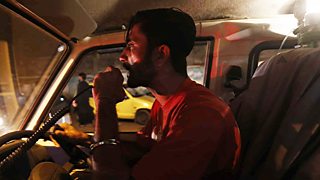
On The Front Line with Karachi’s Ambulance Drivers
What can ambulance drivers tell us about political change in Pakistan?
In Karachi, with a population of around 20 million people, ambulance drivers are on the front lines of this megacity’s shifting conflicts.
Samira Shackle joins one of these drivers, Muhammad Safdar, on his relentless round of call-outs. As a first-responder for more than fifteen years, Safdar has witnessed Karachi wracked by gang wars, political violence and terrorism. At the height of the unrest, the number of fatalities was often overwhelming. Then a harsh crackdown by the army and the police, beginning in 2014, brought the conflict under control. Following this, Safdar and others like him have seen drastic changes in the nature of their work.
With no state ambulance service in Pakistan, the Edhi Foundation, set up by the late Abdul Sattar Edhi in 1954, stepped in to offer services to the poor. Safdar drives one of its fleet of four hundred ambulances: rudimentary converted vans with basic emergency provision. His missions bring him to many of Karachi’s most deprived and troubled areas, revealing the complex social and economic problems at the heart of the country.
As Samira and Safdar traverse this enormous city, their experiences reveal a remarkable story of life and death in contemporary Pakistan.

